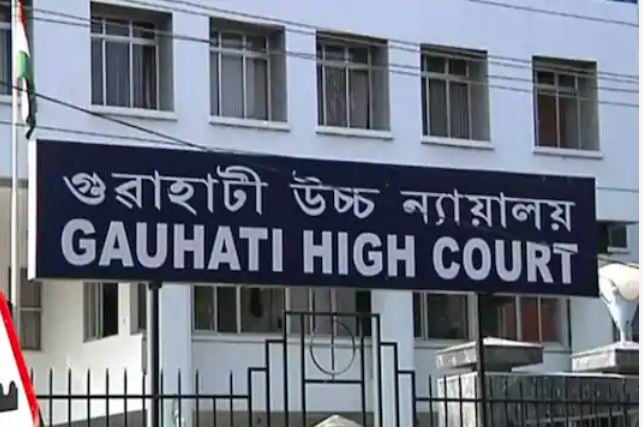The Gauhati High Court has set aside the order of NIA court, by which the Assam MLA Akhil Gogoi along with the three others who were involved in the UAPA case during protests against Citizenship Amendment Bill (CAB) in 2019 were discharged.
It is NIA that has preferred against the judgment order dated 01.07.2021 which was passed by the Special Judge, NIA, Assam,.
As per the order all the four accused were discharged on the ground that there was no material available on record so as to frame charges against them.
The division bench of Justice Suman Shyam and Justice Malasari Nandi while remanding back the matter to the NIA Court for fresh charge-hearing against all the four accused has noted that the impugned judgment has the trappings of an order of acquittal rather than an order of discharge.
The court said that the approach of the learned Special Judge, NIA, in our considered opinion, looks was erroneous in the eye of law.
The counsel for NIA Advocate Saikia had said before the bench that the prosecution had submitted additional charge-sheet on 29.06.2021 which had bring forth the additional materials in the form of evidence of protected witness to establish their connections.
The counsel had argued that prosecution had asked for 10 days time to go through the written arguments, consisting of 1225 pages, submitted by the accused persons but the court verbally agreed to grant only seven days time to the prosecution. .
Advocate Saikia argued that the prosecution side was denied fair opportunity by the NIA Court to argue its case which is a gross violation to natural justice.
The Counsel also pointed that the transcript of intercepted telephonic conversations between the main accused and his associates show that there are materials to indicate that he was giving calls to completely block the National Highway; to break the Government; and to gherao the house of some Ministers including the Chief Minister, Assam.
The court while considering the basis that they could not find any material on record as to why, the prayer for granting even a short adjournment had to be rejected by the learned trial court.
What is significant to note in the case is that there is no clear finding in the judgment as to why the alleged activities indulged by the accused persons such as calls for blockade and closure, plans for shut-down, enclosing the house of Cabinet Ministers, disruption of transport and supplies and incidents of violence, which the learned court below has taken note of, if accepted to be correct would not come within the meaning of Section 2(l) read with Section 15 of the UA(P) Act..
It further observed that NIA Court conducted a ‘mini trial’ at the time of framing of charge by resorting to meticulous sifting of evidence so as to form an opinion on the culpability of the accuse.
The court remanded back the matter to the NIA Court for reconsideration for fresh hearing on the question of framing of charge against all the four accused persons.
It directed the the parties to appear before the court below on February 23.
On the issue of bail, the court observed that if any bail application is moved by Gogoi, the same shall be considered by the trial Judge as per law, on its own merit and without being influenced by any observation made in this order.


